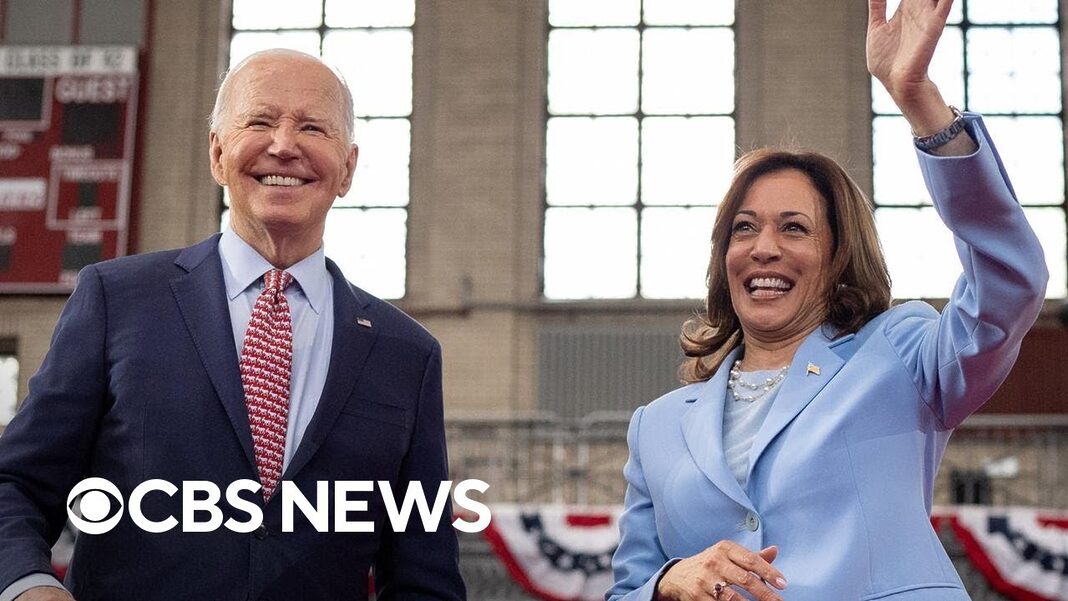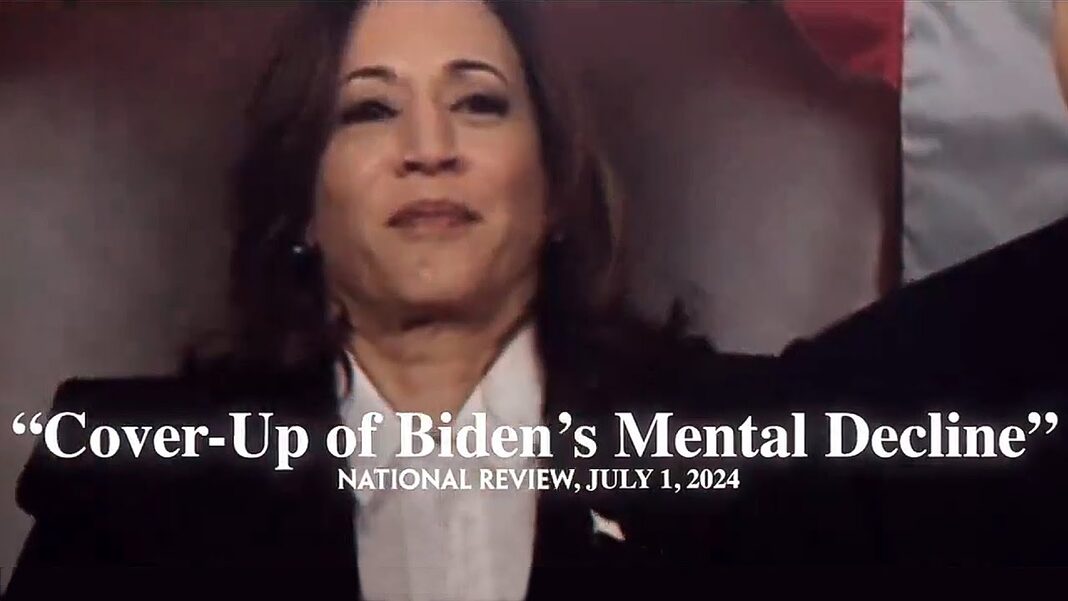President Joe Biden endorsed Vice President Kamala Harris as the party nominee, but the Democratic ticket is still uncertain.
President Joe Biden pulled out of the 2024 presidential race on July 21 and immediately endorsed Vice President Kamala Harris as the new party nominee.
Even with his endorsement of Ms. Harris, the future of the party ticket is uncertain, and Democrats must now navigate an unprecedented shift late in the election year. Ms. Harris has announced her intention to “earn and win this nomination.”
The Democratic National Convention is scheduled for Aug. 19–22 in Chicago, Illinois. Originally, the event would have been a coronation for President Biden as the Democratic nominee, but now the convention will see an open contest of nearly 4,700 delegates looking for a new challenger to pit against former President Donald Trump in November.
The issues facing the ticket range from funding concerns to political logistics, like delegate support.
Delegates
President Biden has at least 3,896 delegates pledged to support him after winning every state primary and caucus in 2024 besides the territory of American Samoa. DNC rules prevent the president from passing them to another candidate, but his endorsement of Ms. Harris could prove influential to whomever they opt to support.
Despite Ms. Harris’s plans to run for president, other candidates could make pitches during or ahead of the convention.
Amid speculation after the June 27 Biden–Trump debate, several names have been floated, with some polling higher than President Biden in key swing states.
Some of those names include California Gov. Gavin Newsom, Michigan Gov. Gretchen Whitmer, Sen. Mark Kelly (D-Ariz.), Pennsylvania Gov. Josh Shapiro, Maryland Gov. Wes Moore, Transportation Secretary Pete Buttigieg, Illinois Gov. J.B. Pritzker, former First Lady Michelle Obama, and Kentucky Gov. Andy Beshear.
Whoever decides to run will have to vie for support from President Biden’s committed delegates, potentially leading to public debates among candidates. Those delegates are the only ones allowed to vote for a candidate in the first round.
If no candidate receives enough votes for the nomination in the first round, party leaders and other Democratic elites, known as “superdelegates,” can vote in subsequent rounds. The party has more than 700 superdelegates.
By Jacob Burg and Emel Akan







